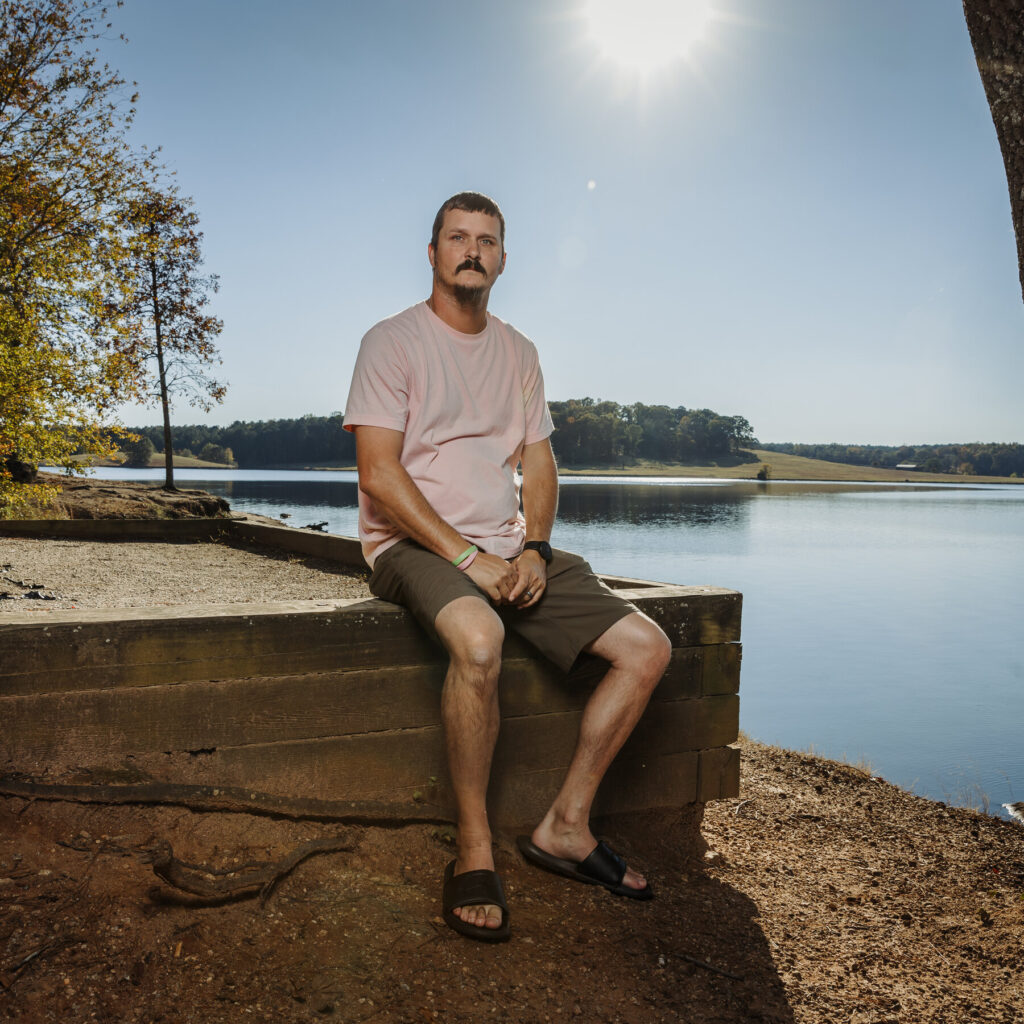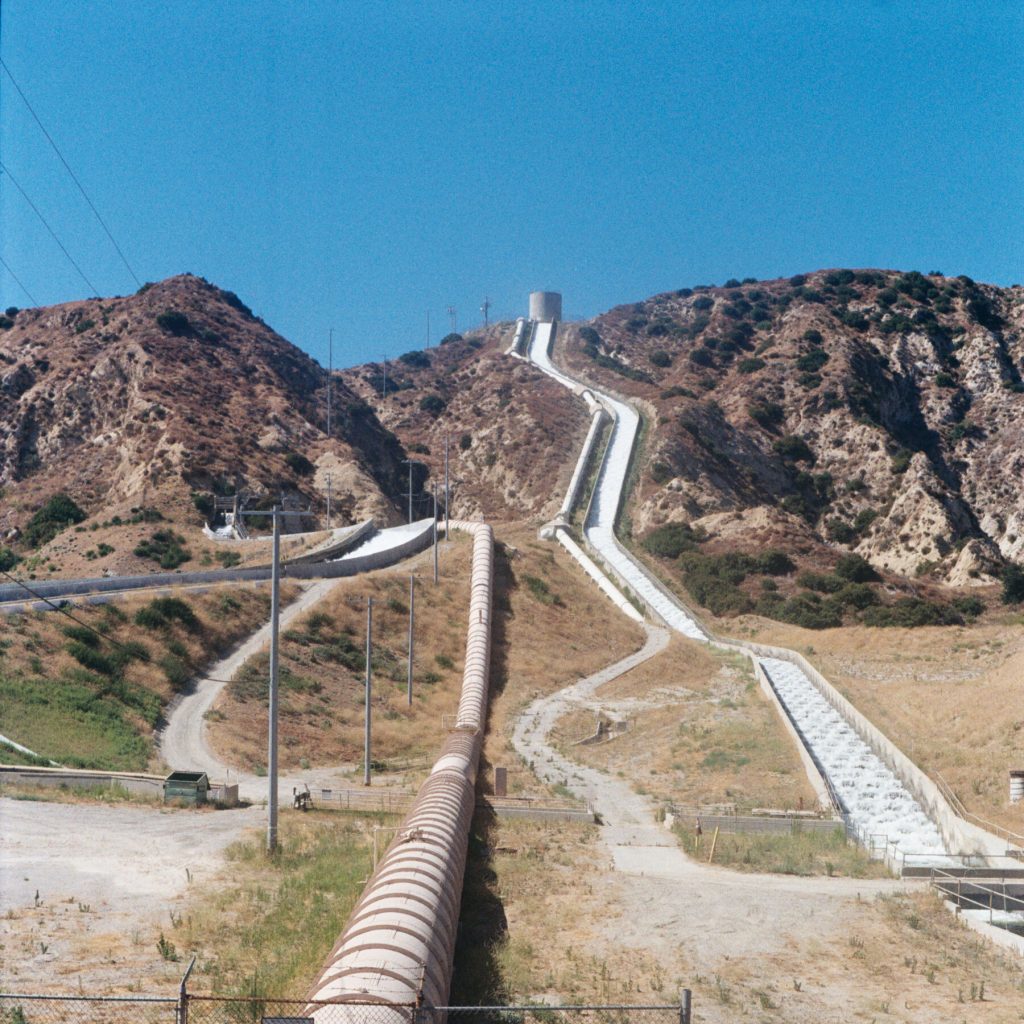Rising Rates of Placenta Accreta Tied to Increasing Cesarean Deliveries

Placenta accreta—a dangerous obstetric disorder in which the placenta grows into scar tissue left behind after a cesarean section—has shifted from a rarity to a growing public‑health concern. In recent years, hospitals worldwide have reported a steady climb in cases, mirroring the worldwide surge in surgical births.
The condition develops when the placenta, instead of detaching cleanly after delivery, adheres firmly to the uterine wall at the site of a previous incision. This abnormal attachment can cause severe hemorrhage, often requiring massive blood transfusions, hysterectomy, or even posing a risk of death for both mother and baby.
Epidemiologists attribute the uptrend primarily to the dramatic rise in cesarean section rates. In the United States, the proportion of births delivered by C‑section has hovered around 32 % for the past decade, up from roughly 15 % in the 1970s. Each subsequent surgery adds a new layer of scar tissue, increasing the likelihood that a future placenta will implant too deeply. Studies now estimate that women with one prior C‑section face a 0.2 % chance of placenta accreta, a risk that climbs to about 3 % after three or more cesarean deliveries.
Beyond surgical history, other factors amplify the danger. Advanced maternal age, multiple pregnancies, and a history of uterine surgeries such as myomectomy also elevate the odds. Early ultrasound screening, however, can often detect the abnormal implantation before labor begins, allowing obstetric teams to plan a controlled delivery in a tertiary center equipped for massive transfusion protocols.
Treatment options remain limited. When accreta is identified, physicians may opt for a planned pre‑term cesarean hysterectomy—removing the uterus along with the placenta—to avert uncontrolled bleeding. In less severe cases, conservative management with placenta left in situ and close monitoring may be attempted, though this approach carries its own set of risks.
Medical societies are urging both clinicians and expectant mothers to weigh the long‑term consequences of elective cesarean sections. “Every unnecessary C‑section not only adds immediate surgical risk but also builds a scar that can jeopardize future pregnancies,” says Dr. Elena Martinez, a maternal‑fetal medicine specialist at the National Women’s Hospital.
Public health campaigns are now focusing on educating women about the importance of vaginal birth after cesarean (VBAC) when medically appropriate, and on improving surgical techniques that minimize uterine scarring. As the data show, curbing the rise of cesarean deliveries could significantly reduce the incidence of placenta accreta and its associated life‑threatening complications.



